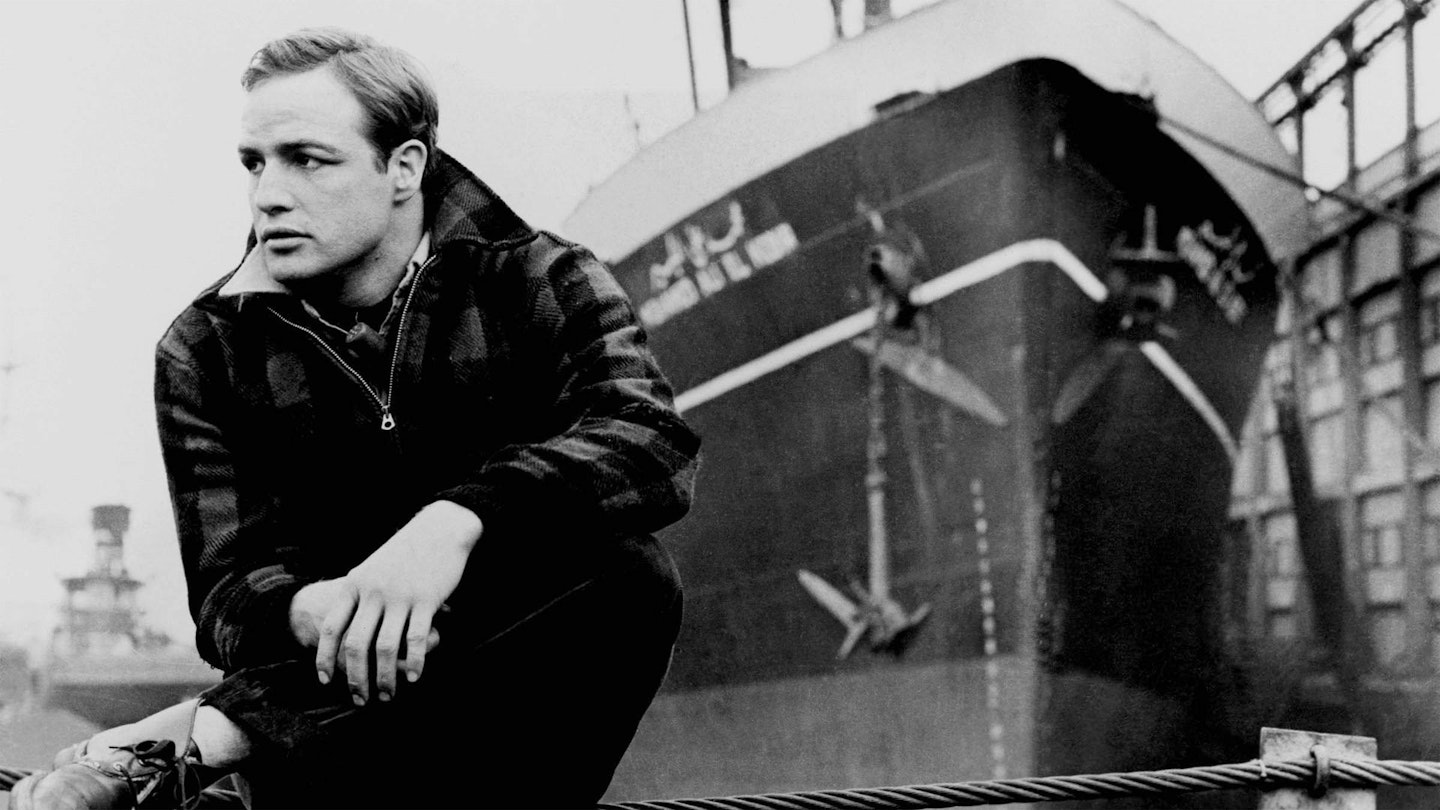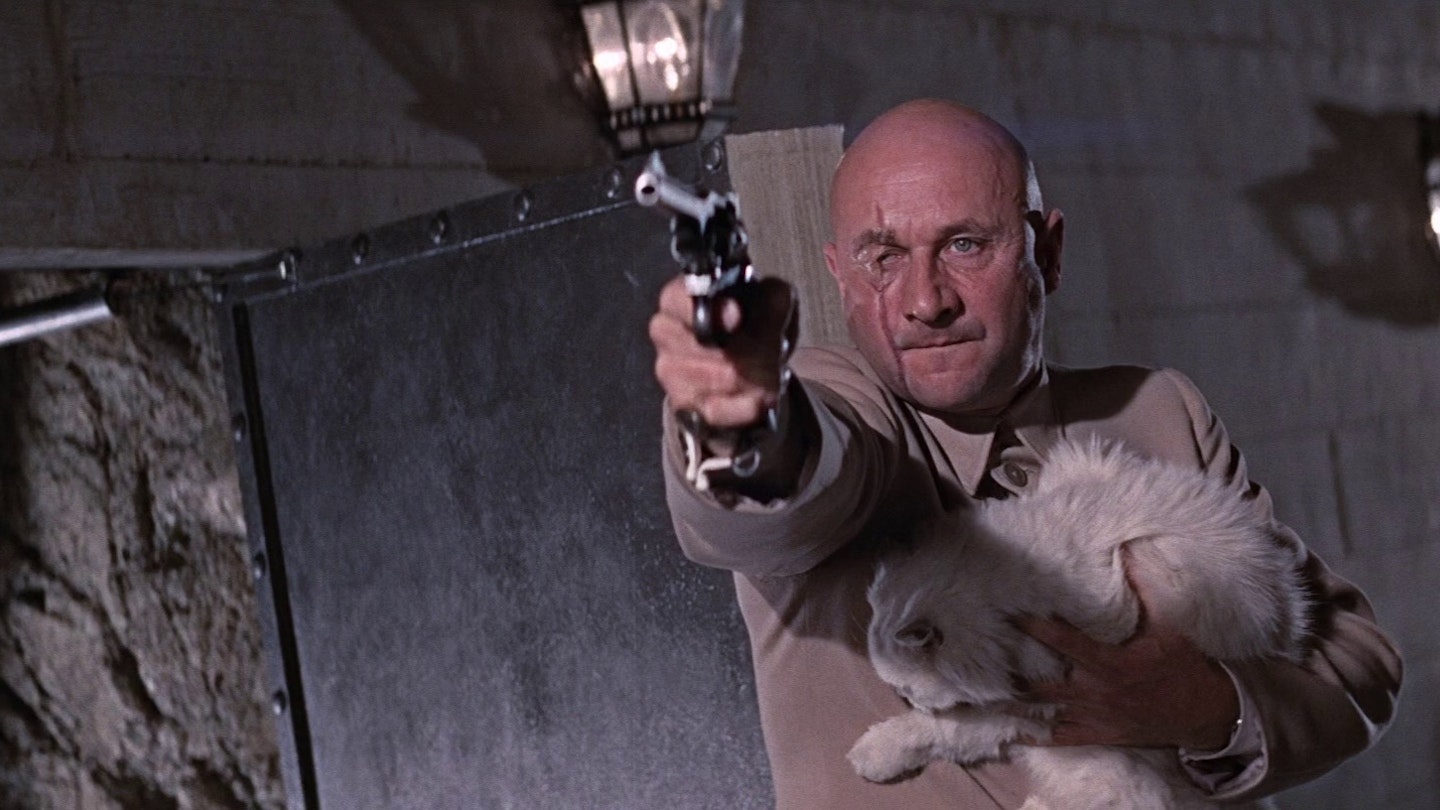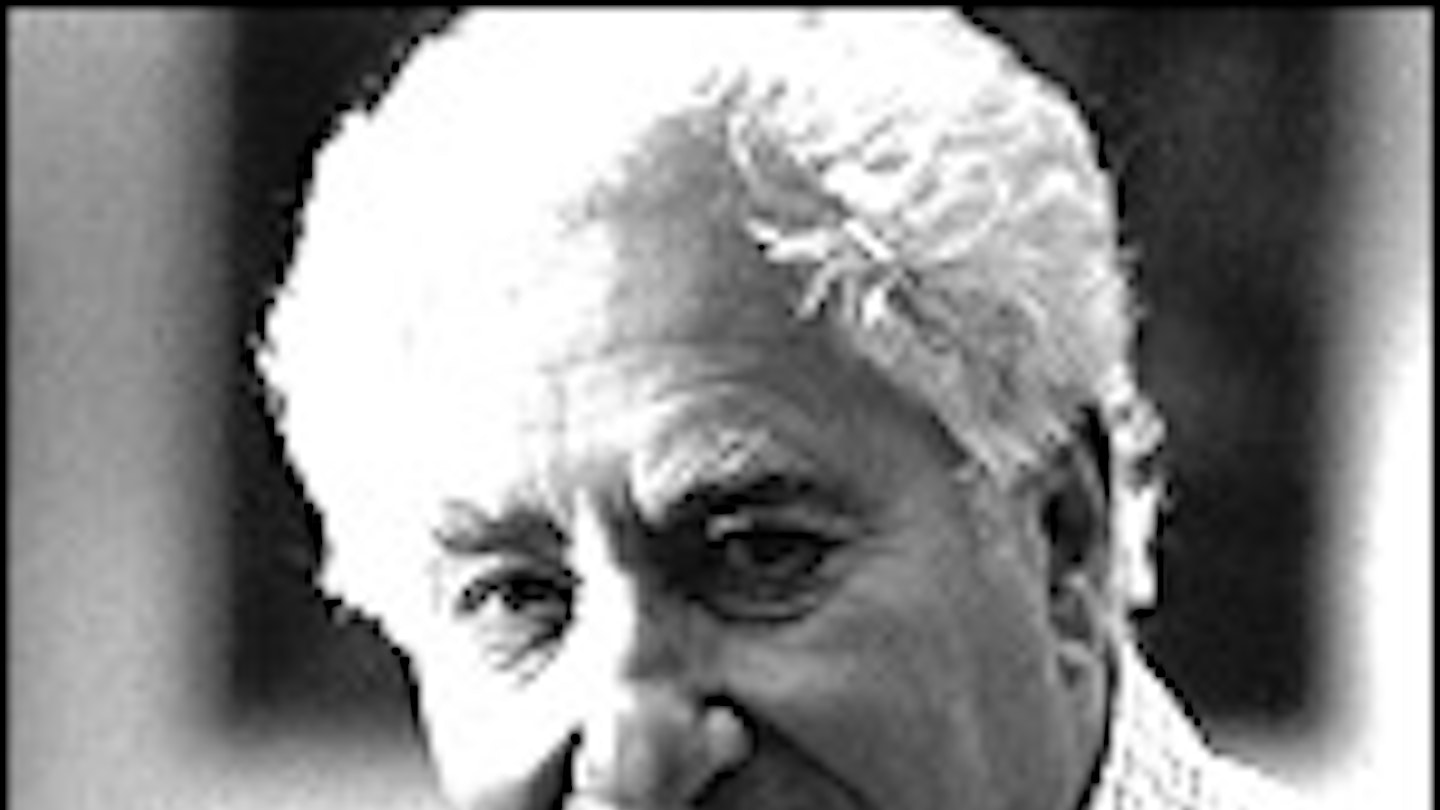A Streetcar named desire wrote Brando’s name on the Oscar – but it went to Humphrey Bogart for The African Queen. Brando was nominated again for Viva Zapata and Julius Caesar, but again went home empty handed. Brando’s craft was finally honoured for this brutal tale of New York Dockers.
His Terry Malloy, a failed boxer wrestling with his conscience having bumped off a workmate for union boss Johnny Friendly (the magnificent Cobb), is a subtle mess of half-formed emotions. The film is a bleak look at corruption and the indignity of labour, but Brando humanises the industrial tribunal.
His awkward love scenes with Eva Marie Saint (playing the dead man’s sister Edie Doyle) show the new-fangled Method acting at its most controlled and poetic. His speech in the taxi with his brother Charlie (Rod Steiger) remains a classic: “I could been a contender, I coulda been somebody, instead of just a bum, which is what I am.”
For this, we must salute screenwriter Budd Schulberg (his speech for priest Karl Malden in the loading bay is still stirring).
Add the acting/writing heroics a restrained score by Leonard Bernstein and a striking, charcoal look by cinematographer Boris Kaufman, and you have an elegiac portrait of labour relations that feels like a kick in the slats. And that’s just 30 years later.
It's hard to like it that much, however, when you realise director Elia Kazan and writer Budd Schulberg made it after they ratted on their pals to the McCarthy commission and needed to do a picture about how informers were noble, brave souls facing up to oppression rather than sneaky squealers saving their careers.




